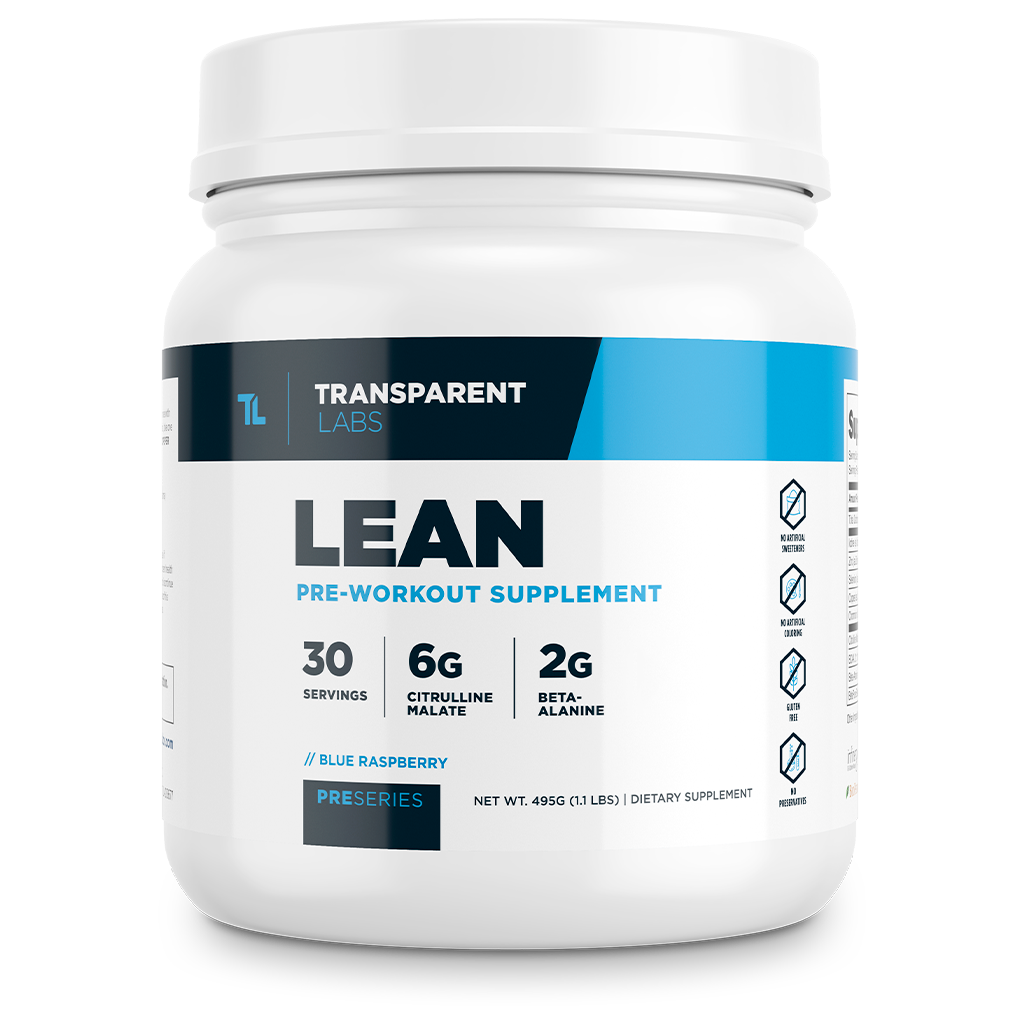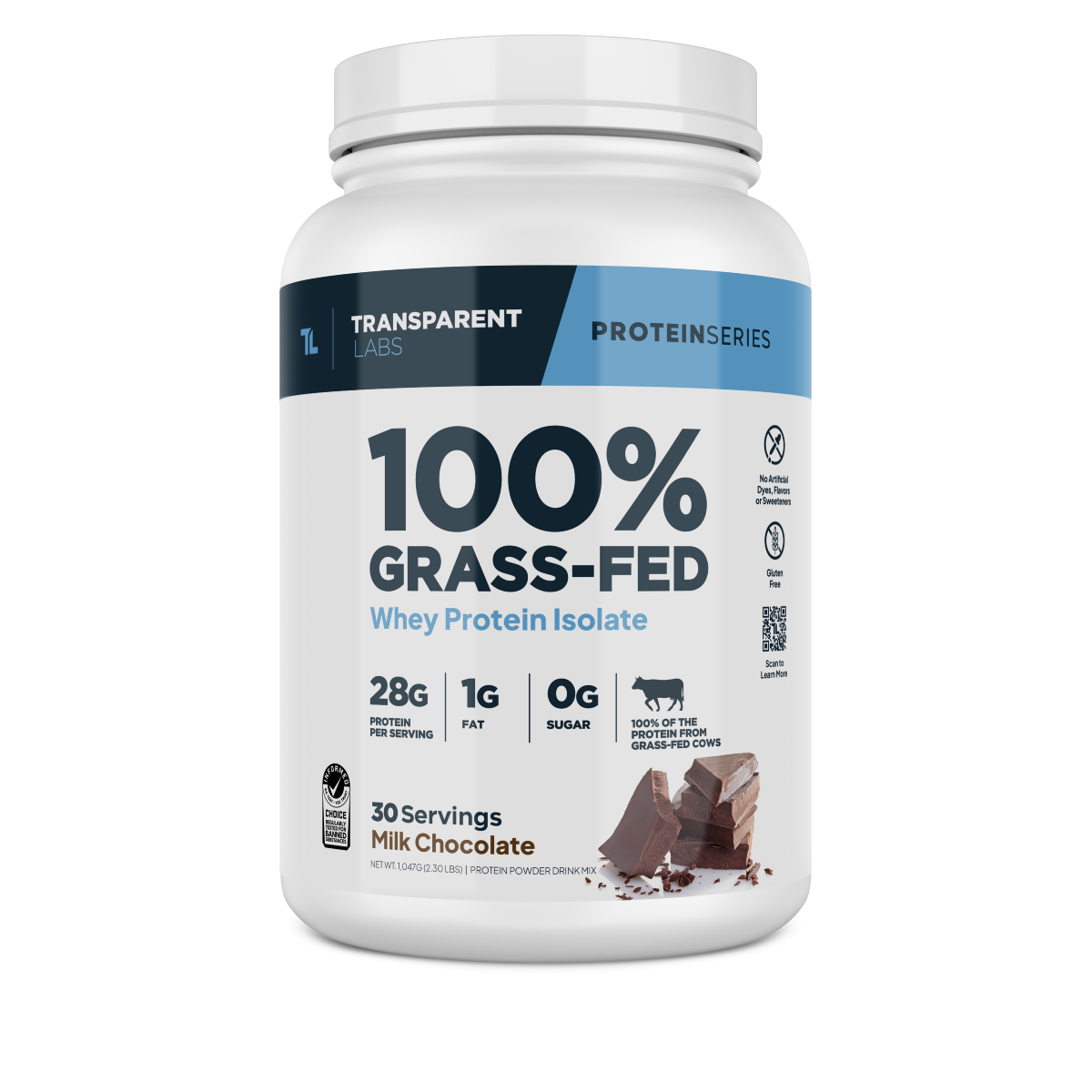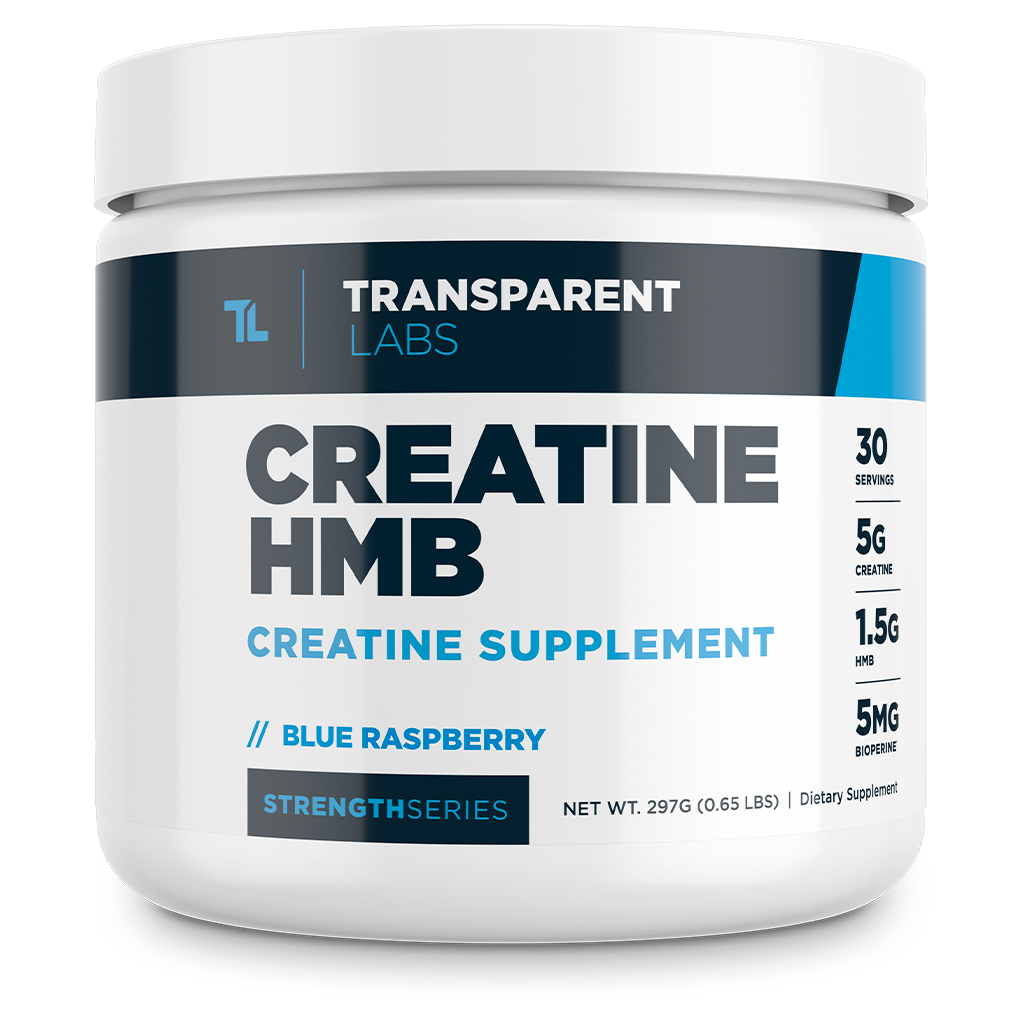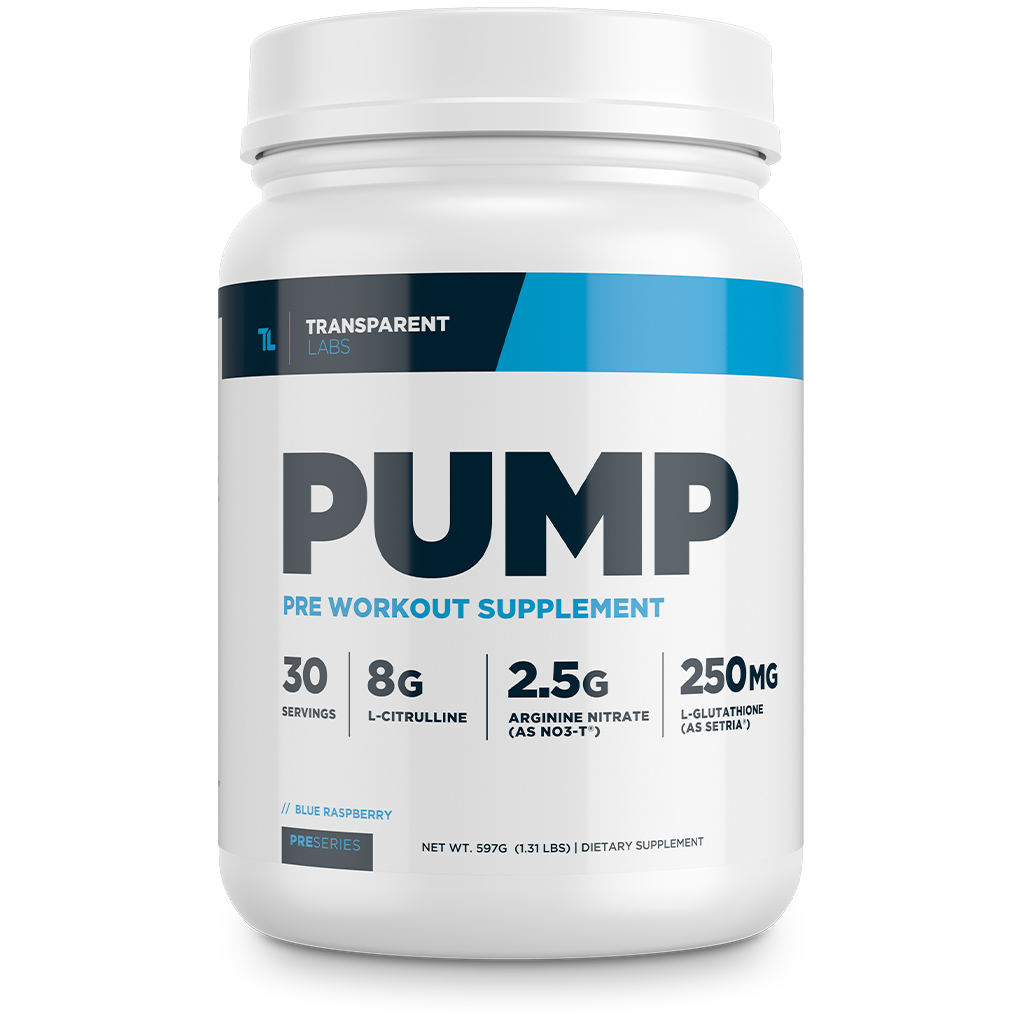Why Does Beta-Alanine Make Your Tingle? [Here are the Facts]
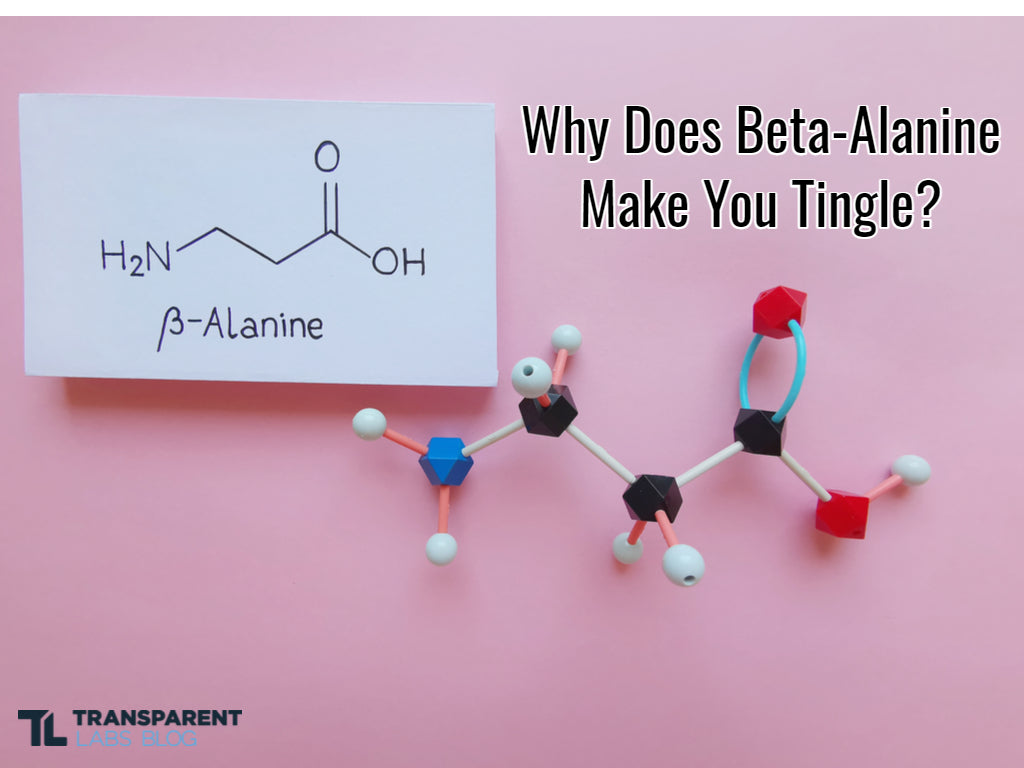
Uncovering the Cause of Beta-Alanine Tingles
Beta-alanine is a common pre-workout ingredient that can have pronounced benefits on athletic performance, muscle growth, and recovery. Unlike its close relative alpha-alanine, beta-alanine is not used by your body to synthesize proteins. Instead, together with histidine, it produces carnosine, a dipeptide that is stored in your skeletal muscles.
The catch is there is an odd side effect of beta-alanine — known as paresthesia — that makes the skin feel like it's itching and tingling. But why does beta-alanine make you tingle?
Beta-Alanine has been shown to activate MAS-genes and sensory neurons, resulting in a tingling sensation all over the skin upon ingestion. This occurs because beta-alanine strongly stimulates the sensory neurons in the body.<
Read on and we'll get you up to speed on this phenomenon.
How Does Beta-Alanine Work?

You might be wondering why beta-alanine is so common in pre-workout supplements. Recall that carnosine is an important intracellular buffer made up of the amino acids beta-alanine and histidine. In skeletal muscles, it neutralizes the acidifying effect of lactic acid and hydrogen ions that accumulate during high-intensity exercise, thereby improving athletic performance [1].
Since beta-alanine is the rate-limiting amino acid of carnosine synthesis, supplementing with the former increases the latter.
Who Can Benefit from Taking Beta-Alanine?
Beta-alanine appears to be most beneficial for athletes and gym-goers who regularly perform high-intensity exercises that last 1-3 minutes (which generally rely on anaerobic metabolism). However, distance/endurance athletes who predominantly perform aerobic exercise may also benefit from using beta-alanine.
In terms of beta-alanine use and what it can do, gym-goers should be aware that this isn’t the type of supplement that’s going to take their performance to the next level after just a few days. Research suggests it takes a solid four weeks of daily beta-alanine use, in proper doses (3.2 grams to 4.5 grams), to significantly increase muscle carnosine concentrations [2].
Now, why does beta-alanine make your skin itch and tingle if it increases muscle carnosine?
Why Does Beta-Alanine Make You Tingle?
The beta-alanine tingling sensation (paraesthesia) is a phenomenon often described as “pins and needles” poking under the skin, which can be a bit unnerving for those who are naive to beta-alanine and pre-workout supplements. Interestingly, the cause of paresthesia after taking beta-alanine doesn't appear to be related to carnosine levels.
While the etiology of beta-alanine-induced paresthesia remains somewhat unclear, a working theory is that beta-alanine activates sensory neurons that terminate in the skin, leading to transient tingles and itching [3]. The effect typically applies to the entire body but may feel more intense in the facial region.
Should You Be Worried About Tingles after Taking Beta-Alanine? Will it Impact Athletic Performance?
Paresthesia is more commonly caused by nerve damage or poor blood circulation, particularly to the extremities of the body. If you’ve ever been really cold, you might have noticed your hands started to tingle or even itch a bit since they weren’t getting much blood flow. The good news is that there is no evidence suggesting the tingling sensation caused by beta-alanine is harmful. It is a benign side effect.
There are misconceptions about all supplements and what they actually do. Many people are quick to assume that the beta-alanine tingling sensation is “dangerous,” which is simply not true. Even when taking large doses of beta-alanine (e.g. 6,400 mg pre-workout), the tingling sensation typically dissipates within 90 minutes [4].
Moreover, since beta-alanine is not an essential amino acid (i.e. it’s produced endogenously), the health risks of beta-alanine supplements are thought to be minimal.
Is There Anything That Can Be Done to Reduce the Tingling Sensation of Beta-Alanine?

Many people notice that the itch and tingling side effects of beta-alanine become less pronounced over time. The longer you supplement with beta-alanine, the less of a nuisance paresthesia becomes.
Current evidence suggests that 4-6 g/day of beta-alanine can increase muscle carnosine concentrations by as much as 80% within 10 weeks [5]. As such, each Transparent Labs Pre-Workout supplement provides 4,500 mg beta-alanine per serving. Transparent Labs POST also contains a hefty dose of beta-alanine to facilitate recovery after training.
If you find that the tingling side effect of beta-alanine outweighs the initial benefits, split your doses of beta-alanine into smaller amounts (1,200 mg or less) and take them throughout the day instead of taking one large serving before you hit the gym. This should reduce the feeling of pins and needles during the first few weeks of taking beta-alanine.

